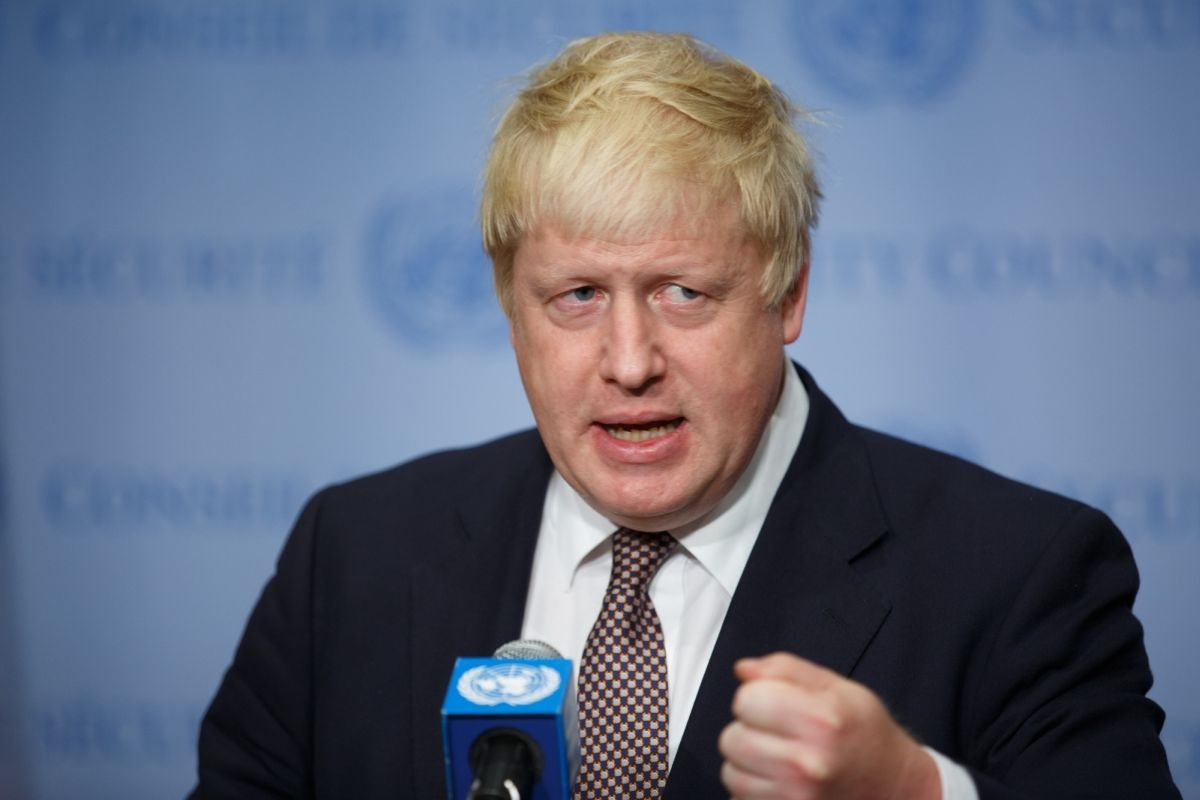UK Prime Minister Boris Johnson’s Conservative Party was on course for a resounding victory in Britain’s election after voters backed his bid to deliver Brexit on Jan. 31, the country’s most significant geopolitical move in 70 years.
Johnson’s gamble to push for an early vote as a way to end the parliamentary deadlock on Brexit looks to have paid off, with the number of Conservative seats in Parliament growing from 330 in 2017 to 368, according to the exit polling carried out by Ipsos-Mori on behalf of the BBC, ITV and Sky television.
Advertisement
Johnson needed 326 seats for an absolute majority.
A landslide Conservative win would mark the ultimate failure of opponents of Brexit who plotted to thwart a 2016 referendum vote through legislative combat in parliament and prompted some of the biggest protests in recent British history.
An exit poll showed the Conservatives winning a landslide 368 seats, more than enough for a comfortable majority in the 650-seat parliament and the biggest Conservative national election win since Margaret Thatcher’s 1987 triumph.
“I hope you enjoy a celebration tonight,” Johnson, the New-York born former mayor of London, told supporters in an email. “With any luck, tomorrow we’ll be getting to work.”
On Friday, Labour leader Jeremy Corbyn said that he would stand down as his party faced its worst electoral defeat in 84 years, but he did not set a date for his departure, adding that he would remain in charge during a period of reflection.
“I will not lead the party in any future general election campaign,” Corbyn said in his north London constituency, where he comfortably held on to his seat.
Corbyn described the election results as “very disappointing.
“I will discuss with our party and ensure there is now a process of reflection on this result and the policies that the party will take going forward”, he further added.
With results from across Britain indicating the exit poll was accurate, Johnson’s bet on a snap election has paid off, meaning he will swiftly ratify the Brexit deal he struck with the EU so that the United Kingdom can leave on Jan. 31 – 10 months later than initially planned.
The Scottish National Party, which strongly opposes Brexit, would win 55 of the 59 seats in Scotland, the poll said, setting the scene for it to demand a second independence vote after secession was rejected by 55% to 45% in 2014.
“Boris Johnson has to respect that the Scottish government in Edinburgh already has a mandate for a referendum on Scottish independence in a change of circumstances,” SNP Westminster leader Ian Blackford said.
(With inputs from agency)











